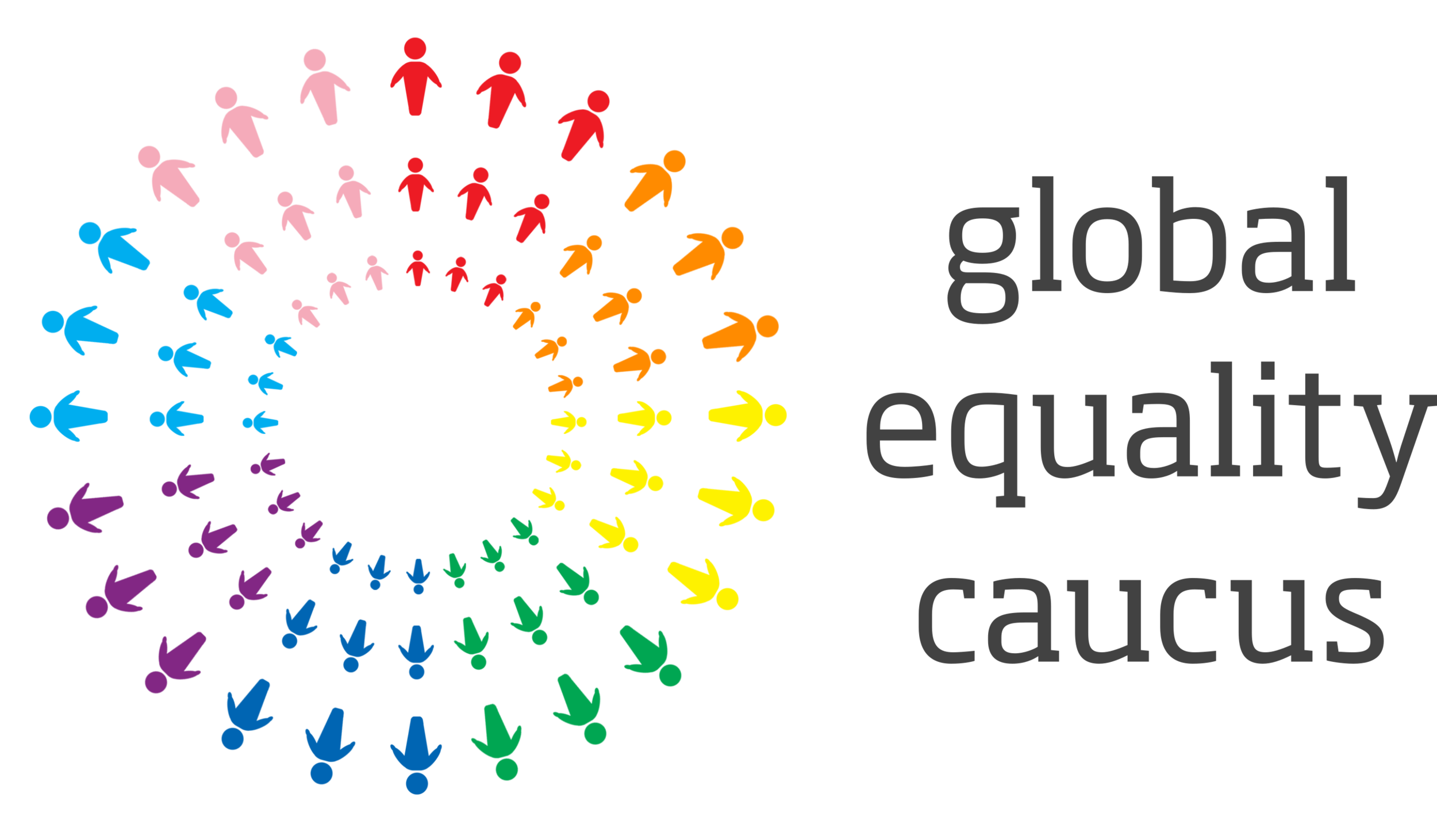First openly gay Honduras congressman reflects on historic election
This article was originally published by Washington Blade on 10 February 2022.
By Michael K. Lavers
The first openly gay man elected to the Honduran Congress on Monday described his election as a “very important” milestone for the country’s LGBTQ community.
“It is something that has marked a before and an after; a great responsibility fell on my shoulders,” Victor Grajeda told the Washington Blade during an interview in San Pedro Sula, the country’s second largest city.
Grajeda, 31, is from San Pedro Sula and works at a beauty supply store. He lives with his partner of 13 years and their two cats.
Congresswoman Silvia Ayala of the leftist Free Party ahead of Honduras’ congressional elections that took place on Nov. 28 tapped Grajeda to be her “suplente,” which is alternate in Honduran Spanish and within the structure of the country’s political system. He will represent Ayala in Congress if she cannot attend sessions in person.
Grajeda, who is one of five openly LGBTQ candidates who ran for Congress, received more than 100,000 votes. He and Ayala represent Cortés department in which San Pedro Sula is located.
Grajeda spoke with the Blade less than two weeks after President Xiomara Castro, who is also a member of the Free Party, took office.
Castro defeated Nasry Asfura, a member of former President Juan Orlando Hernández’s National Party who is the former mayor of Tegucigalpa, the Honduran capital, in the presidential election’s first round that also took place on Nov. 28. A 2009 coup toppled Castro’s husband, former President Manuel Zelaya.
Vice President Kamala Harris and U.S. Agency for International Development Administrator Samantha Power are among the dignitaries who attended Castro’s inauguration that took place at Honduras’ national stadium in Tegucigalpa on Jan. 27.
The inauguration took place amid a bitter dispute among Free Party members over who would become the Congress’ next president. Grajeda, who attended Castro’s inauguration, nevertheless described the event as “a return of hope.”
“It will be a bit difficult for things to change overnight and for (Honduras) to be another country tomorrow where everything is happiness,” Grajeda told the Blade. “But (Castro’s inauguration) marks a change, a new hope, a new opportunity, fresh air.”
Grajeda described Hernández, whose brother, former Congressman Juan Antonio “Tony” Hernández, is serving a life sentence in the U.S. after a federal jury convicted him of trafficking tons of cocaine into the country, as a “narco president.” The Blade spoke with Grajeda hours after Secretary of State Antony Blinken announced the U.S. had officially sanctioned the former Honduran president for corruption.
“It was only a matter of time,” said Grajeda.
‘We had three murders in less than 24 hours’
Discrimination and violence based on sexual orientation and gender identity remain commonplace in Honduras.
The Inter-American Court of Human Rights in a landmark ruling it issued last June said the Honduran state was responsible for the murder of Vicky Hernández, a transgender activist who was killed in San Pedro Sula hours after the 2009 coup.
Cattrachas, a lesbian feminist human rights group in Tegucigalpa, notes Vicky Hernández and more than 400 other LGBTQ people have been killed in Honduras since 2009.
Thalía Rodríguez, a prominent trans activist, was killed outside her Tegucigalpa home on Jan. 11. Three LGBTQ people, including a gay couple in San Pedro Sula, were reported murdered in Honduras on Feb. 2.
Castro has not publicly commented on the Vicky Hernández ruling, but she has expressed support for marriage rights for same-sex couples. Grajeda noted to the Blade that Castro has also called for the legal recognition of trans Hondurans and supports “safe spaces” for LGBTQ people.
“The issue of violence, the issue of spaces is serious,” said Grajeda. “We had three murders in less than 24 hours.”
Harris and other Biden administration officials have acknowledged anti-LGBTQ violence is one of the “root causes” of migration from Honduras and neighboring countries.
Grajeda told the Blade that expanding access to education is a “key issue with respect to opportunities for the LGBT community.” Grajeda also said trans Hondurans in particular need more access to formal employment.
“The only opportunities available to trans people are to work as prostitutes, as sex workers,” he said.
“The same stigma that discriminates against them leaves them without access to education,” added Grajeda. “There are people (in the trans community) who are very intelligent, very capable.”
Harris comments about migrants ‘understandable’
Many of the migrant caravans that hope to reach the U.S. leave from San Pedro Sula’s main bus station.
Immigrant rights groups in the U.S. last June criticized Harris when she told migrants from Central America not to travel to the U.S.-Mexico border. Grajeda described Harris’ comments as “understandable.”
“It is a position that she has because it is her country,” said Grajeda. “We cannot close our eyes to the fact that a really large number of people who go (to the border) are not all that legal, and that creates a burden.”
